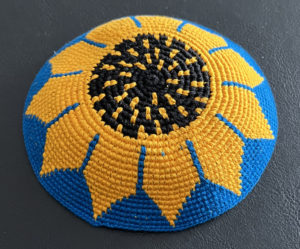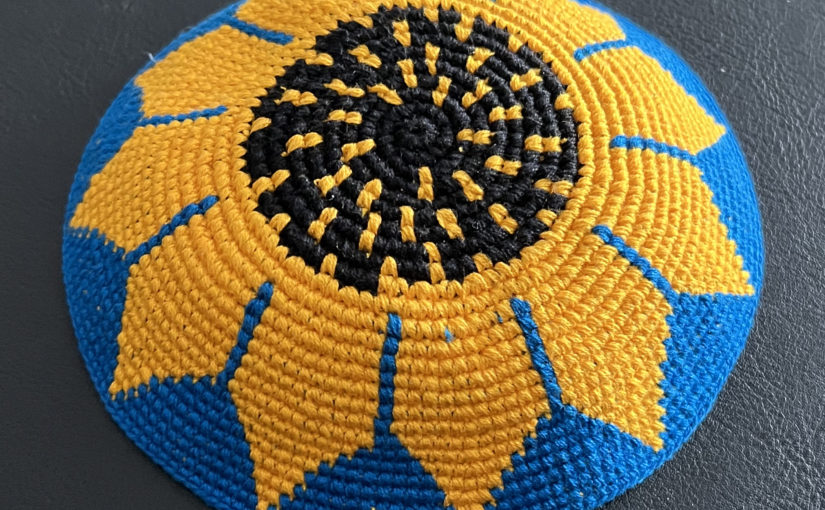There is nothing like the threat of economic consequences to elicit a heartfelt apology.
Yes, that is as cynical as it sounds. The recent antisemitic bile spewed from Kanye West and Kyrie Irving has met with pushback and outrage from the Jewish Community and severe fallout in the business community. And voila, apologies have started to cascade out. But writer/activist George M. Johnson pointedly shared in a recent interview that West had been spewing hatred against the Black community for a while before turning his sights on the Jews. That, however, did not provoke the same level of outrage from either Jews or businesses. This is for reasons ranging from racism to the idea that such vile thoughts didn’t hurt anyone’s bottom line enough.
We all need to do better.
We all must enjoy the same rights and responsibilities in our society; that hatred against one group threatens everyone. Businesses are rarely the bastions of moral virtue. But businesses will respond when we inflict economic consequences on bad behavior, such as not going to Nets games or buying West’s sneakers or clothing, because hatred directed at any group is unacceptable to all of us. This is a call to all who find themselves in a group that has been “othered” in our society and those who enjoy the privilege of not being so ostracized. Jews need to speak for the civil rights of all people, not just Jews. Blacks likewise need to talk about injustice whenever it happens in our society, not just when Black people are affected. And so too with everyone. To echo Langston Hughes, Let America be America for all Americans.
Some hate for hate’s sake and believe we live in a zero-sum game where a gain by me is at your expense. This is patently false. A gain by me in the areas of justice and civil rights is a gain for all of us. We measure the strength of our society not by the will of the stronger but by our ability to protect the vulnerable and give voice to the otherwise unheard and exploited.
I did not have much use for Kanye West before these recent rantings, and I have none now. Irving’s comments are likewise repugnant. And I do not need to patronize brands that undermine the “arc of justice” to which we as Americans should aspire. I support the right to free speech even when it contradicts my values. But words have consequences; Hate speech leads to violence and injustice. That is un-American, where all of us are called to draw the line.








